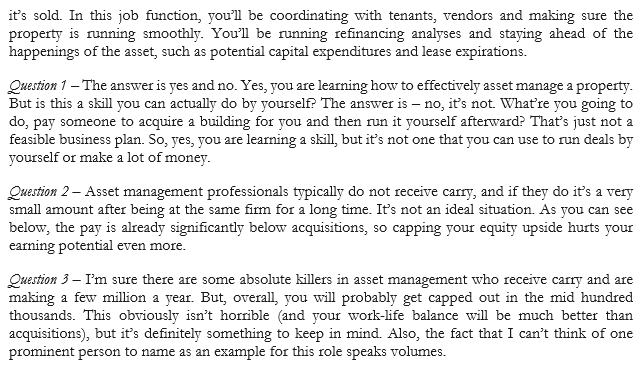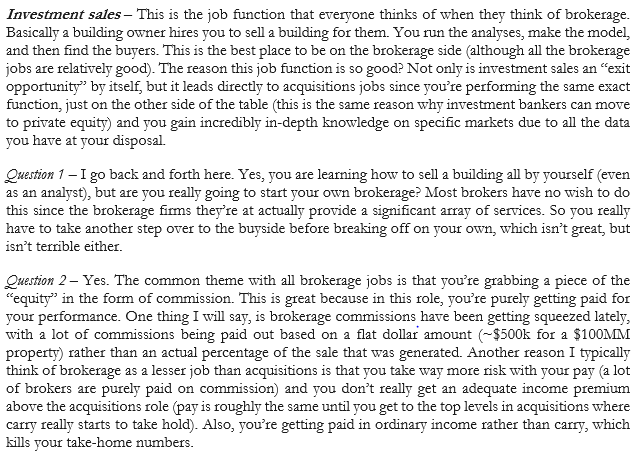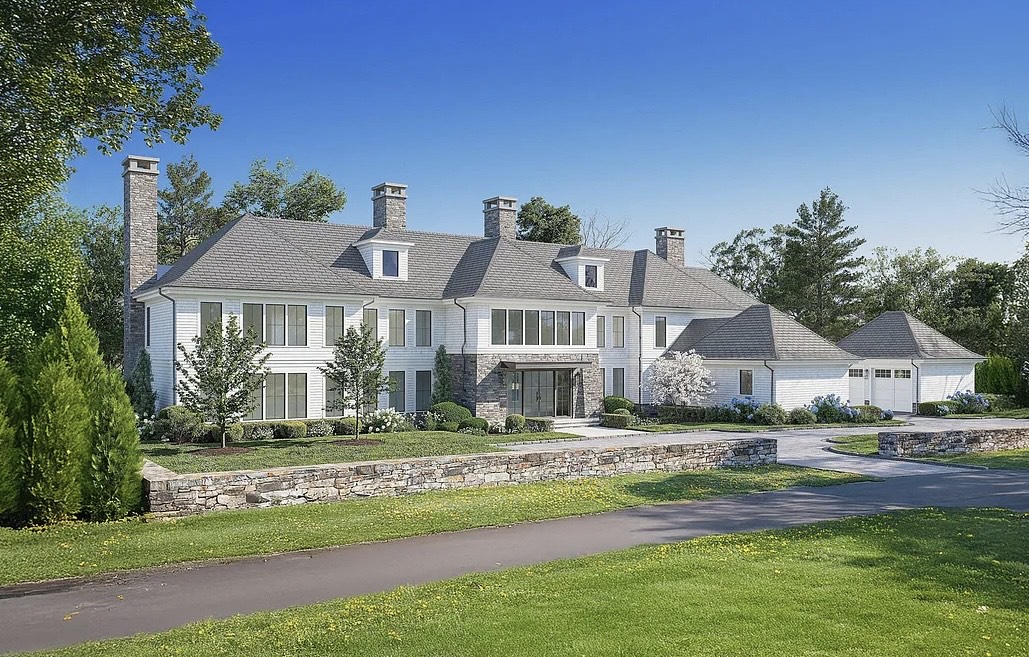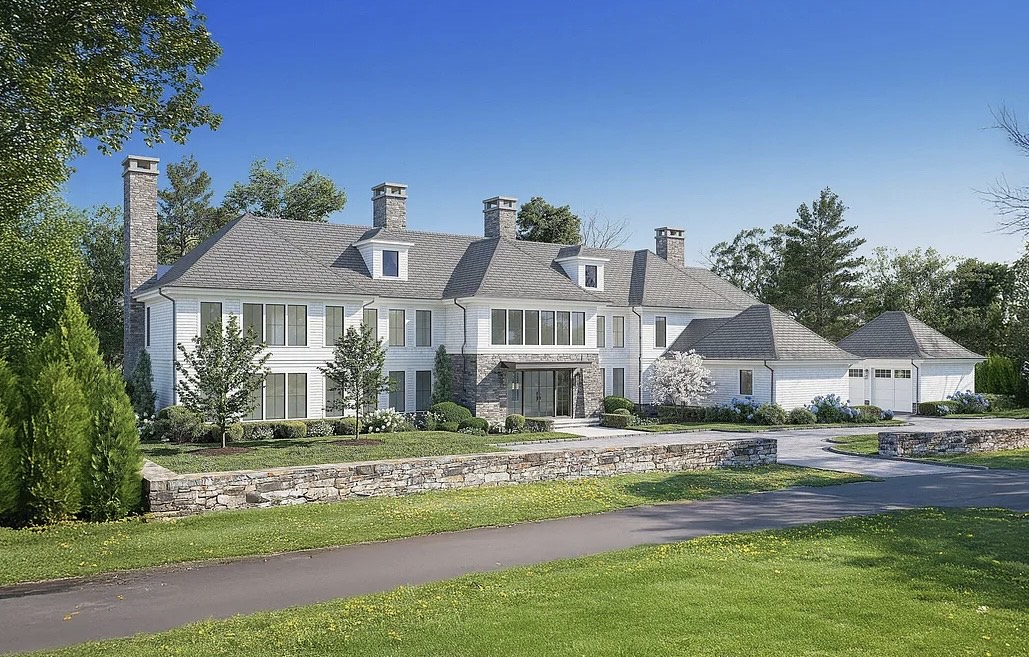Since I've been getting a ton of DMs about the RE career path,
// DECODING REAL ESTATE CAREERS //: An in-depth overview of the career paths in the real estate sector, which ones you want to target and which ones you want to avoid



// DECODING REAL ESTATE CAREERS //: An in-depth overview of the career paths in the real estate sector, which ones you want to target and which ones you want to avoid
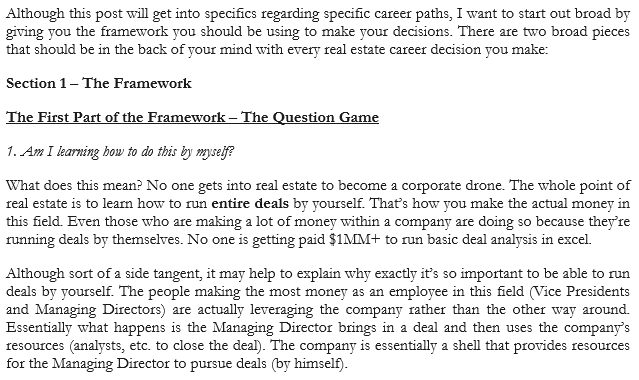



• • •
Missing some Tweet in this thread? You can try to
force a refresh



